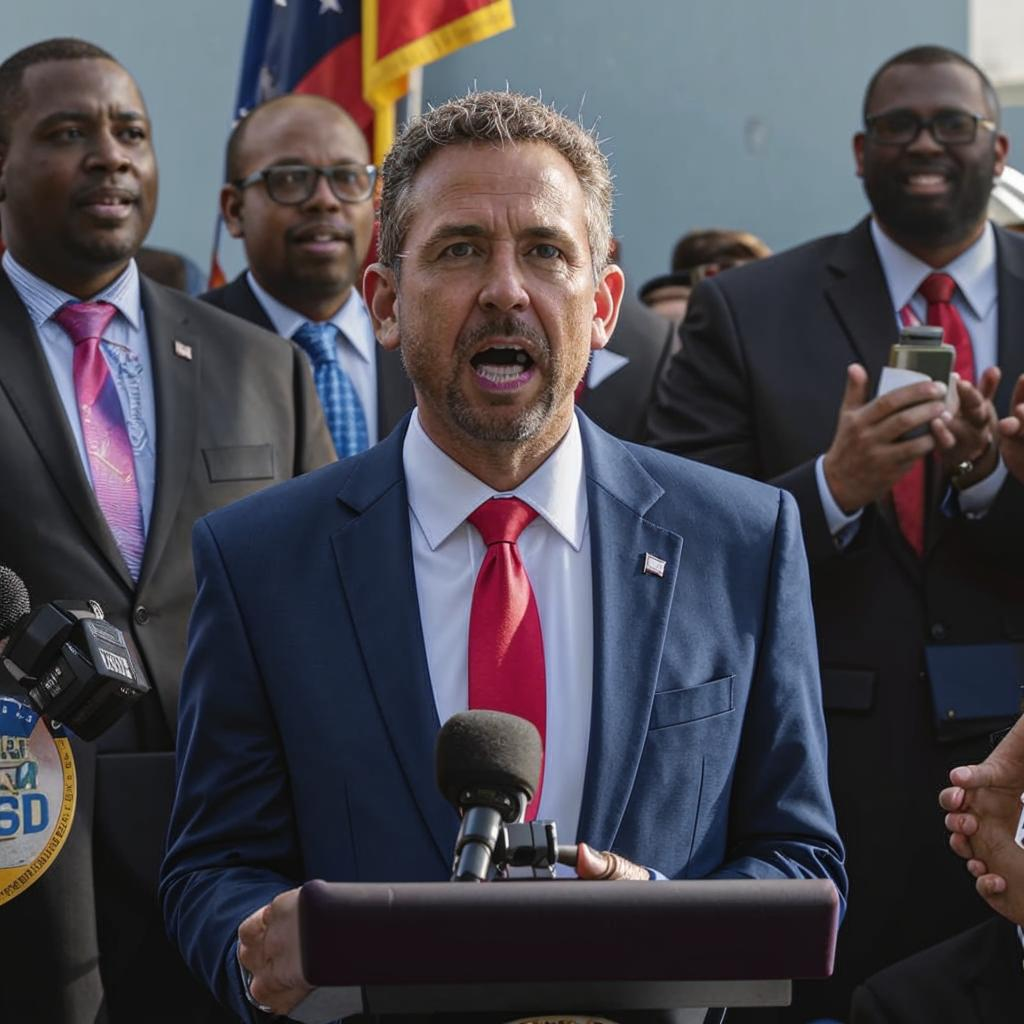The United States is grappling with increasingly severe and frequent extreme weather events, a direct consequence of the escalating climate crisis. From scorching heatwaves in the Southwest to devastating floods in the Midwest and intensifying hurricanes along the coasts, communities across the nation are facing unprecedented challenges.
Recent data indicates a clear link between rising global temperatures and the amplification of these events. Heatwaves are becoming hotter and lasting longer, straining infrastructure and posing significant risks to public health, particularly for vulnerable populations like the elderly and those with pre-existing conditions. Flooding events are becoming more intense due to increased precipitation and rising sea levels, displacing families and causing billions of dollars in damage.
Scientists warn that these trends are likely to continue, and even worsen, if drastic measures are not taken to reduce greenhouse gas emissions and transition to a sustainable energy economy. Beyond mitigation efforts, adaptation strategies are also crucial. This includes investing in resilient infrastructure, improving emergency response systems, and developing climate-smart agricultural practices.
The climate crisis is not just an environmental issue; it’s an economic, social, and humanitarian crisis. Addressing it requires a concerted effort from governments, businesses, and individuals to build a more sustainable and resilient future for all. Increased awareness and proactive measures are essential to safeguarding communities and mitigating the devastating impacts of climate change in the years to come. Ignoring the evidence and delaying action will only exacerbate the risks and leave future generations to face even greater challenges.















